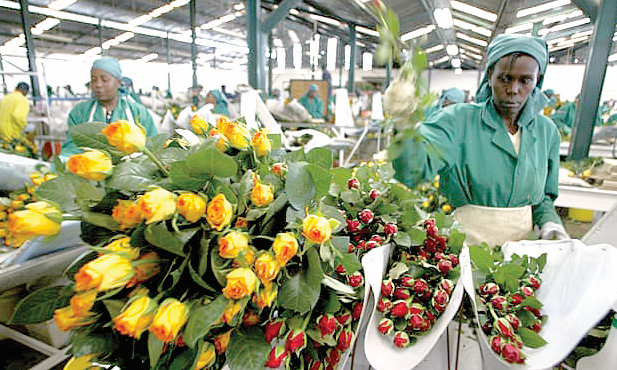Relief as Kenya improves access to EU fresh produce market

The number of notifications due to exceeding maximum residual levels caused by pesticides applied to local fresh produce destined to various export markets has reduced significantly over the last one year, a senior has said.
Kenya Plant Health Inspectorate Service (Kephis) Managing director Theophilus Mutui said the agency in collaboration with other government authorities has managed to ensure proper documentation and tame interceptions reported at entry points of recipient countries.
“Aggressive implementation of phytosanitary measures such as introduction of electronic permits has led to reduction of interception of horticulture exports to various export destinations,” he stated.
For the last one year, Mutui disclosed, notifications have reduced by between 13 and 70 per cent on fresh produce exports intended for the European Union (EU) market.
Mutui spoke during the Kephis strategic plan (2023-2027) stakeholders’ validation workshop at a Nairobi hotel.
Josiah Syanda, Kephis acting deputy director in charge of Jomo Kenyatta International Airport station said notifications due to harmful organisms and diseases had decreased to three as at end of October 2023 compared to 10 the same period last year.
Warnings on fresh produce exports due to lack of proper documentation reduced by 13 per cent from 23 in 2022 to 20 as at the end of October 2023, he stated.
“This has led to increased confidence in our produce and maintaining competitiveness in the EU market,” said Syanda.
Kenya is the leading exporter of fresh produce to the EU market, for example, it controls 40 per cent of cut flowers exports.












